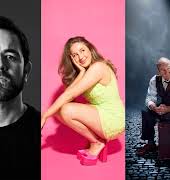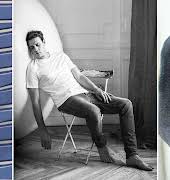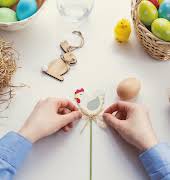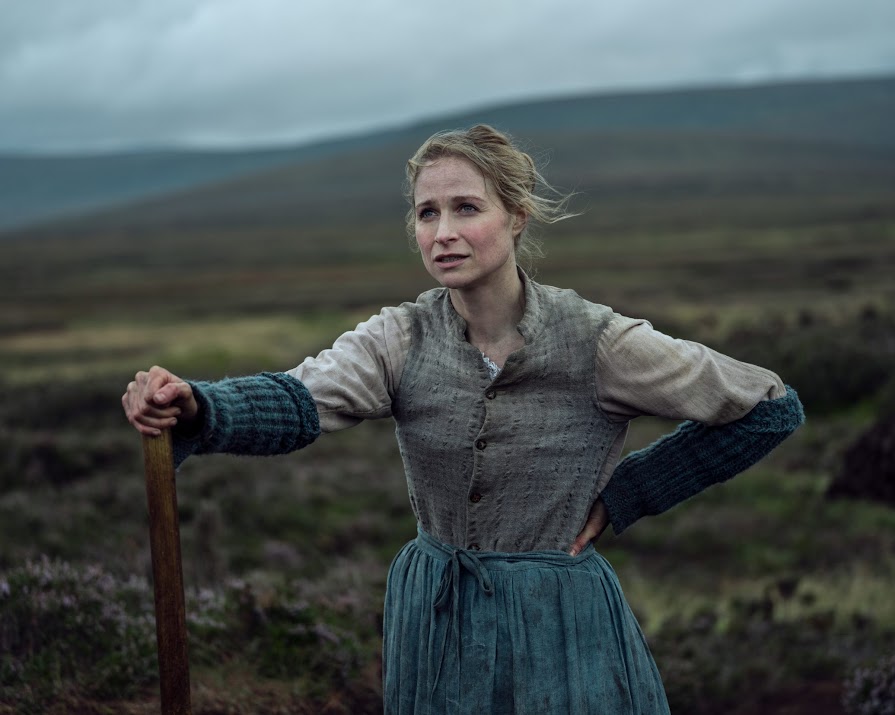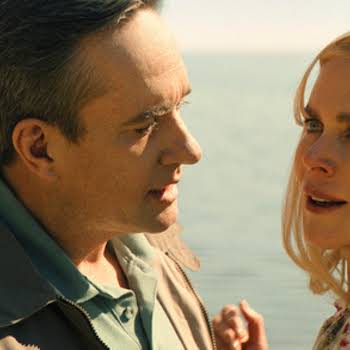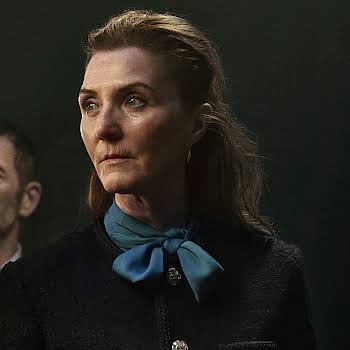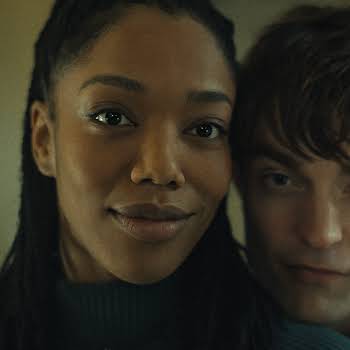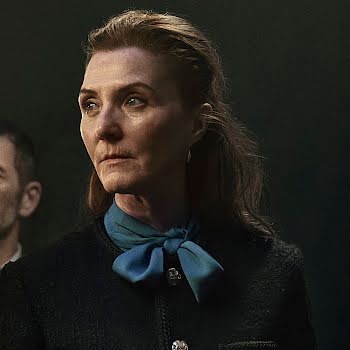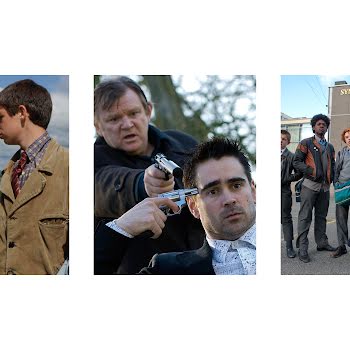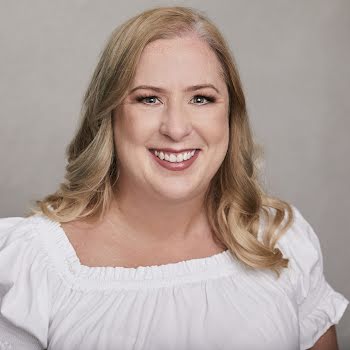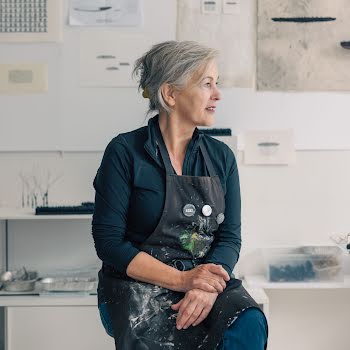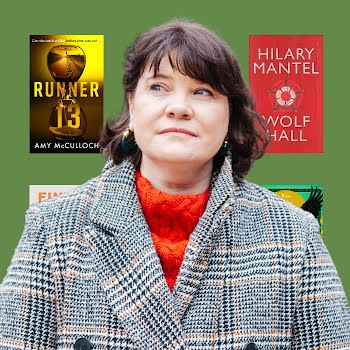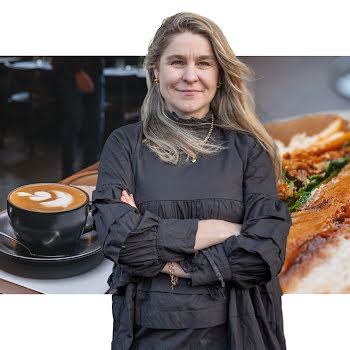Irish actor Niamh Algar on ‘The Wonder’ and why Florence Pugh’s baking is hard to resist
By Sarah Finnan
24th Oct 2022
24th Oct 2022
One of the stars of Netflix’s upcoming thriller, ‘The Wonder’, Niamh Algar is in good company, joining the likes of Florence Pugh, Ciarán Hinds and Toby Jones on this tragic yet compelling story set 13 years after the Great Famine.
Adapted from the bestselling novel by Emma Donoghue (of Room fame), The Wonder is inspired by true stories of the 19-th century ‘fasting girls’ phenomenon and tells the tale of a young girl who claims to have gone months without eating – subsisting solely on manna from heaven.
Filmed in Ireland, the screenplay is set just over two decades after the Great Famine, to the backdrop of deep-rooted trauma and grief.
We sat down with Irish actor Niamh Algar ahead of the movie’s official premiere next month.
What can you tell us about The Wonder?
The Wonder is a story about a woman called Lib who is a nurse sent over from England to watch over this young girl called Anna O’Donnell who has not eaten for the last four months and claims to have lived solely on manna from heaven – which is understood as that God is keeping her alive. And so Lib is sent over, and she’s sent into this very small community in the midlands in Ireland, basically just to watch and take note of this child. So, ultimately at its centre, it’s this love story between these two characters. This nurse goes out of her way to protect this little girl because you learn as the story goes on why it is that she’s not eating.
You play Kitty in the movie… how did you prepare for that role? Were you already familiar with the 19th-century phenomenon of the ‘fasting girls’?
No, it was something that I read up on ahead of time, I had no idea that these girls existed so it was fascinating to delve into that research. I read the book after I got the part – Emma Donoghue, who wrote the original book the movie is based on – put so much research into the writing of it and created this whole kind of world around Anna, so there was so much there within the book to help put me into that story.

Do you have a process for getting into character? Are you a fan of method acting?
I think it depends on the role. I think method acting with this was putting on the corset because you immediately feel like you’re in that time – it was very constraining! But yeah, it always depends on the role. I suppose it’s committing to the moment, and listening to the other actors in the scene. It’s just play really… we’re telling a story, that’s it. I kind of love playing these two roles within the movie; one is explaining that this is a story and is introducing viewers into this world, and the other gets to actually play a part in the story and come back out of it. That’s why I love my job, you get to get lost in someone else’s world for a few months and then step back out and step into someone else’s.
I read an interview in which you said that ‘broken characters are the most rewarding ones’ – why do you think that is?
That’s a good question. I think it’s because you have to find out what broke them, to begin with. People never see themselves as bad people, but it’s often insinuated in how characters are represented and depicted; it’s about finding characters that aren’t so obvious. I’ve never played a princess, for example. These characters have more depth, they have life experience. I’ve always played characters who have quite a lot of life experience and for me, that’s fascinating because I then get to gain some life experience by delving into this world of theirs. I’m just fascinated by people. I spend so long watching documentaries because I love learning about people and human behaviour.
Was it tough to switch off after filming something so heavy?
Eh, no not really! It was a really fun set to be on and I think that comes with everyone just being so prepared and so good at what they do that there’s such an ease and calm. Sebastián Lelio, the director, has literally thought of every aspect of every frame and you feel so safe that you know, when he calls cut and he says he has it, you go ‘great!’. You have it and you go home and you move on. If he’s happy – I respect him so much that I think that helps with the process of letting go at the end of the day and moving on.
What struck you most about the script when you read it? What drew you to it?
It’s that maternal love story. Sebastián always kind of tells stories from a very unique female perspective and has these very layered characters and this was a story about this woman Lib, who goes on such a fascinating journey and I just thought it was such an interesting take on that time. Then there’s the fact that we could use this movie to educate people about these fasting girls, and a time in Ireland that we haven’t really seen depicted before in the cinema. But also, you’ve got a script that is adapted by Alice Birch, written by Emma Donoghue, starring Florence Pugh, and directed by Sebastián Lelio, so you’re like, ‘I’ll play the tree in the background, no bother’. It’s a phenomenal team to work with, they’re at the top of their game.
The film is a commentary on so many different topics – faith, women, their bodies, love, family – all universal themes but do you think the story struck you more as an Irish person given the historical context of the famine?
The movie is set 13 years after the famine and you know, in some ways that might seem like a long time but it’s such a huge loss and such a huge event that the trauma of that hasn’t even been digested yet. I remember talking to Irish actor Ruth Bradley. Women would have taken in children whose parents they would have lost, there were kids growing up with no families and people were just trying to survive – grasping onto anything that could give you hope and belief. I suppose when you see the circumstances of that time, you understand why religion played such a huge part in people’s lives.
The mix of superstition and religion is an interesting one, especially when you factor in collective trauma and healing. Do you think a lot of it just comes down to people really wanting to believe in something?
I think it’s what way you look at it. The way I look at it and the way I based the character is that she’s looking for comfort and stories bring comfort, they help you understand and deal with the world. So, it’s an exploration of why we tell ourselves stories and whether it’s useful or a way of controlling people. I think that’s what’s so fascinating about this film, you go away and you start asking yourself questions. It’s really amazing to be a part of a film that explores that but also does something slightly different with a period drama.

What was it like working with such an incredible cast?
Jesus, I was absolutely spoiled for choice! Florence, she’s an amazing human being – a phenomenal talent, but also what’s more important is that she’s so kind and loving and makes everyone feel so welcome. It was so lovely to be on that set, it’s brilliant to work with people like that because they set the tone. If you’re playing the lead, you kind of set the tone for everyone and Florence kept us fed! She kept on giving us biscuits and cookies and there were doughnuts every Friday.
How did you all get to know each other? Were there late nights at the local introducing Florence to Guinness and Tayto sandwiches?!
Yeah, it was really lovely because I was over from London – I was brought over to live here during filming, so we were all kind of in this little hub, hanging out after we left set. We went to the Guinness Storehouse, got ourselves a few pints. But yeah, you meet people along the way that you kind of create these bonds with and it’s really lovely.
Do you have a favourite moment on set/from filming that comes to mind?
It’s probably when I was cutting up the turf… or the donkey! There was this really funny scene with a donkey called Dusty and the clip they used in the film is probably the only clean take we could use because the donkey, bless him, he was just trying to steal that scene. He kept bolting! We’d come to a mark and the team would say ‘Stand here’ because that was roughly where that scene was going to happen, but Dusty had his own ideas. He was heading off and he was not stopping so that was funny. This donkey didn’t give a damn! He was in character, he was committed – his objective was just to keep going. It’s always funny when you’re working with animals because they definitely keep you on your toes!
What was it like filming in Ireland and getting to spend so much time here? Was that a welcome change after quite a busy few years/months or were you eager to get moving again?
It was great, I love coming back home and working here. I worked with Johnny Shaw and Neil Guerin who are assistant directors and I actually worked with them back in the day on my very first job in Ireland. So to come back home and see them at the top of their game, you’re so proud. Obviously the Irish film industry is developing so much and has done over the last few years but I’m always in such awe of it really embracing the arts, and really encouraging more filmmaking to take place in Ireland. Because we’ve got amazing crews!
What movies are you loving currently? There’s some incredible Irish talent out there, anyone on your radar at the minute?
I watched Arracht by a friend of mine recently. It’s an Irish film set during the famine with Dónall Ó Héalai as the lead and it was another unique perspective on that time and the struggles. Dónall went above and beyond for that role, he really got under the skin of the character and he was an amazing tool to have during this time – he was like an encylcopoedia of the famine for me! I’d love to come back home again soon and do another project here, it’s always so much fun.
You’ve already worked with so many amazingly talented people, who would be next on your dream list and why?
Lynne Ramsay. I’ve always bene such a huge fan of Lynne. It’s one of those things where you can kind of put it out into the ether and try, I suppose, to manifest it but I’m always taken by surprise. I’ve worked with a few first-time film directors and those have been the sets I’ve learned the most on because they’re directors that are finding their own style and their own voice within storytelling, so there’s almost like a flexing of the rules to allow creativity to kind of flourish in areas that we haven’t really explored yet. There are a few people I’d love to work with – I’d love to work with Florence again, just for the cookies alone!
I’m sure you can’t give much away but what’s next in the pipeline for you?
I’ll be heading back to Ireland for the Irish premiere of The Wonder soon, later this month. So that will be nice to see everyone and catch up. But I’ve just finished, last week we wrapped on Malpractice which is a five-part series directed by Philip Barantini. It’s based in the A&E department and it’s about this doctor, this consultant. That was a very intense three-month shoot so I’m just decompressing at the minute. I’m on my holidays!
And finally, what would you like audiences to take away from The Wonder?
I hope audiences believe in these characters as much as we do. As one of the characters actually says, this is a story and you kind of have to submerge yourself in this world and that’s what this film does; it allows you, for a moment, to take that reality break and get lost in the story. To see where it goes and to see, if you commit to it, what questions come up for you. I always think that’s fascinating, you learn more about yourself from watching movies.

The Wonder will be released globally on Netflix on Wednesday, 16 November 2022.


